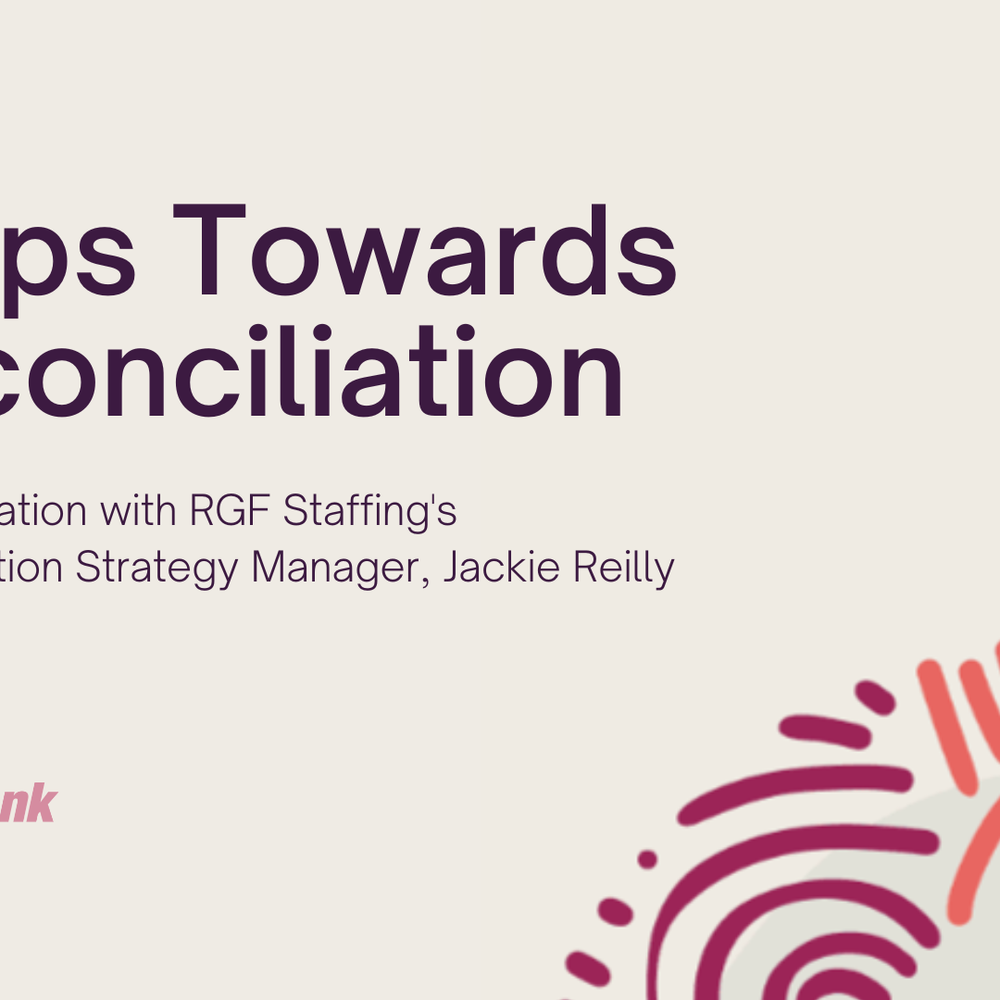Important career questions to reflect on at the end of the year
Are you happy at your job?
This is a super important question and it should be asked not only at the end of the year but throughout the year. Your job satisfaction not only affects you, but it affects your colleagues, your company, your family and your friends. Your attitude towards your work can completely change your demeanour and interaction with others. It’s important to be happy in your job so that you feel motivated enough to do great work. Signs of being happy include: feeling recognised, feeling as if you’re adding value, enjoying colleagues’ company, feeling a sense of purpose, not letting one bad day/meeting/encounter make you hate your job, being motivated, enjoying your work (for the most part) and so on.
If unhappy, why? What can be changed? Is it in your power to make that change?
If you’re feeling truly negative about your job and position, consider why… Is it bad management? Is it a bad cultural fit? Do you feel undervalued? Are you not being challenged? Is the work no longer satisfying? Is there no room for career growth?
Whatever the reason is, think about if you can change it. Can you have a meaningful and constructive conversation/meeting with your employer to air your thoughts and feelings? Do you need to consider asking for a promotion or pay rise? Do you need to start looking for a more appropriate company or role? Think about the steps you can take to improve your situation. List them down and keep them in mind when setting new goals.

Have you improved or expanded your skill set?
It’s valuable for you to consider what you’ve learnt in the past year. If you’ve gone along doing your job without learning anything, maybe that can be a goal for next year. Learning new skills is vital in our modern economy especially with all the technological advancements being implemented. It’s important to always be learning, in any role! Things will always be updated, and processes will eventually change. Taking initiative to get ahead of the game will be great for your reputation going forward as well as for your own personal development.

What can you improve upon?
After knowing you’ve done a great job with many things, think about all the things you might want to do differently in the future. Can you deal with certain personalities better? Do you need to be more organised? Did you handle X situation in the best way?
Think about any mistakes you made and take responsibility. Be conscious of what you want to do differently next year.
Have you stepped outside of your comfort zone?
Did you challenge yourself and put yourself in beneficial situations you mightn’t usually? If not, add this to your goals for next year! It takes courage and a little discomfort to leave the bubble of work and colleagues you are familiar with. But stepping out of our comfort zone is an easy opportunity to help us grow and deal with change. It’s outside of the comfort zone that real character development happens! Don’t be afraid.

What are your goals going forward into the new year?
Of course, lastly, it’s vital to think about what you want your goals to be for the following year. They could be to do with the questions I’ve mentioned here. Or they could be to do with other concerns. Ultimately, as long as they are specific, measurable, agreed upon (with yourself or others), realistic and time-based, then they are smart goals.

Register for job alerts.
Enter your email to start registration.
Contact Us
We will get back to you as soon as possible
Please try again later
Register for job alerts.
Enter your email to start registration.
Contact Us
We will get back to you as soon as possible
Please try again later
Register for job alerts.
Enter your email to start registration.
Contact Us
We will get back to you as soon as possible
Please try again later


Peoplebank acknowledges the Traditional Owners of Country. We pay our respects to the Aboriginal and Torres Strait Islander cultures, and to elders past and present, whose land we stand upon today.

We welcome all cultures, all religions, all colours, all beliefs, all ages, all sizes, all types, all people.


Peoplebank acknowledges the Traditional Owners of Country. We pay our respects to the Aboriginal and Torres Strait Islander cultures, and to elders past and present, whose land we stand upon today.

We welcome all cultures, all religions, all colours, all beliefs, all ages, all sizes, all types, all people.










